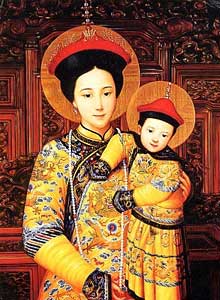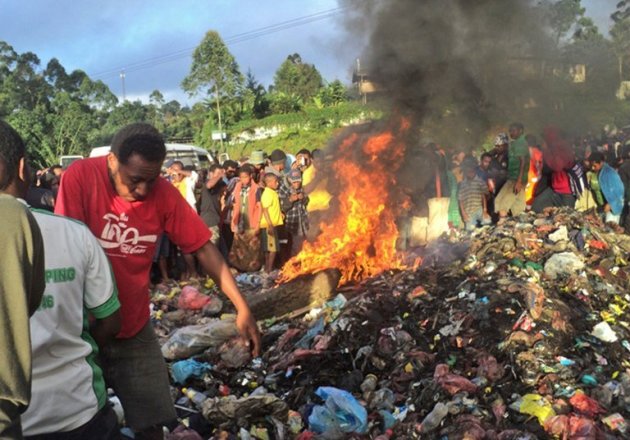As we celebrate the Chinese new year, it is good for us to reflect on our Catholic beliefs vis a vis our Chinese cultural heritage.
Superstitious beliefs are clearly incompatible with Christianity. They are against the very first commandment, “Thou shall have no other gods before Me,” because they ascribe to certain things or practices some kind of magic that brings to a person’s life good luck, charm, etc.
The Catechism of the Catholic Church states the following:
[2110] The First Commandment forbids honoring gods other than the one Lord who has revealed himself to his people. It proscribes superstition and irreligion. Superstition in some sense represents a perverse excess of religion; irreligion is the vice contrary by defect to the virtue of religion.
[2110] Superstition is the deviation of religious feeling and of the practices this feeling imposes. It can even affect the worship we offer the true God, e.g., when one attributes an importance in some way magical to certain practices otherwise lawful or necessary. To attribute the efficacy of prayers or of sacramental signs to their mere external performance, apart from the interior dispositions that they demand is to fall into superstition.
The Chinese people being known for having many superstitious beliefs, we now raise the question: can a Chinese who is proud of his cultural heritage be a good Catholic?
The answer, of course, is yes. He only needs to be careful as to what aspects of his culture he will embrace. An important caution is for a Catholic Chinese to limit feng shui to what is practical. For example, keeping the house clean is certainly a good practice, as is placing items in areas that are safe for them and for the people inhabiting that space. He cannot, however, pin his hopes on feng shui and ascribe to it certain magical powers. After all, if a person has faith in God and entrusts himself to His divine providence, what need has he for feng shui and similar practices?
For insights on Catholicism and feng shui from the perspective of Chinese Catholic priests, check out theinterview with Fr. Jimmy Liao and the UCAN article cautioning Catholics.
Happy Year of the Lord, everyone!
(by JBAlcoreza, orginally posted at http://knightsofsaintbenedict.wordpress.com/2013/02/02/how-chinese-culture-and-catholicism-blend/)









